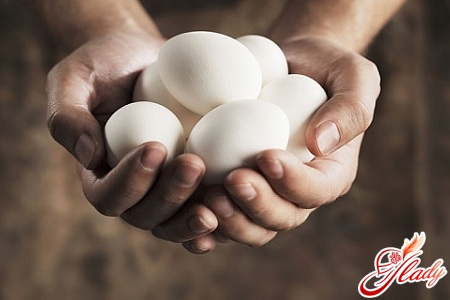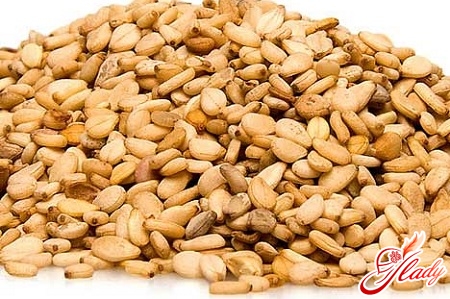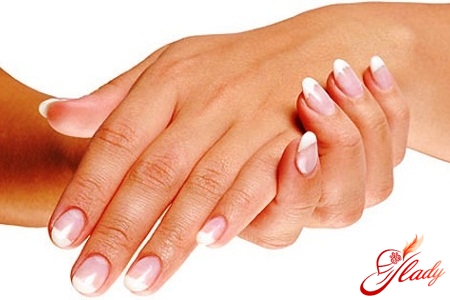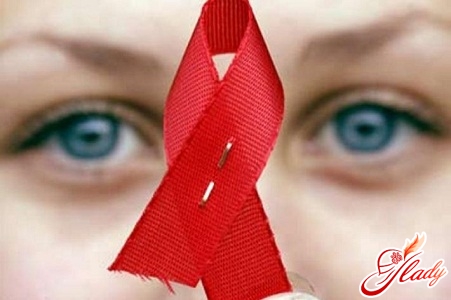
Stones in any internal organs of a person- this phenomenon is extremely unpleasant, painful and dangerous to health. Those who have already experienced this ailment will definitely agree with this statement. This is truly colossal discomfort, which, among other things, is associated with a very high risk to life. For example, stones in the bladder. The symptoms of this ailment are hardly familiar to those who have not encountered them. How can an ordinary person understand that foreign bodies have accumulated in the bladder? By what main signs can a person understand that he really has stones in the bladder?
Symptoms of the disease
Each disease has its own distinctive featuresfeatures, signs that become the so-called "alarm bells" to see a doctor, to worry about your health. Of course, it is better not to take the situation to extremes. But everyone knows that this is not always possible. So how can you tell that such hated and unwanted stones have accumulated in your bladder? It should be noted that at the earliest stage (and subsequently), urolithiasis rarely gives itself away with any bright or obvious signs. But some signals can still be understood. So, special attention must be paid to how and with what characteristics such an important process as urination occurs. In general, it can tell a lot about the patient's health. If stones are present in the bladder, a number of signs will be observed. For example, there may be such a feature as an interruption of the stream. A person cannot continue the process of getting rid of urine until he changes position. Also, the stream can suddenly break off, and it will be either very difficult or completely impossible to continue it. Blood in the urine is another serious and alarming symptom. It may indicate a number of diseases. And urolithiasis in particular. Another sign of bladder stones is quite active pain in the lower abdomen. All this can be accompanied by unpleasant sensations, and in men, painful erection. In some cases, the pain can partially radiate to the hips, back, and lower back. In the most serious cases, urination becomes almost impossible. The only option, or more specifically, the position in which you can "relieve yourself", is lying down. But still, you should not bring yourself and your body to such an extreme. So, if at least one of the previously mentioned symptoms is present, then you must urgently contact a specialist for examination. If there are two or more signs, then the situation becomes completely dangerous. As for the doctor, you need to contact a specialist such as a urologist. However, the story would be incomplete without mentioning other aspects associated with this disease.
Stones or sand in the bladder
It should be said that the bladder can haveboth whole stones and sand. They can form right on the spot, or they can "migrate" from the kidneys. In the future, treatment will depend on this. Either excision treatment or crushing treatment will be chosen. But first things first. Many people are concerned about the causes of this disease. So, most often it appears due to the presence of salts in the body that cannot dissolve. Over time, they accumulate and make themselves known. Another important factor is age. This is exactly the situation when little depends on the person himself. The heredity factor can also be included here. If one of the parents at one time had urolithiasis, then there is a significant probability that the child will inherit this disease in the future. However, this cannot be said unequivocally. Inflammatory processes and some abnormalities of the urinary system can also provoke the appearance of stones in the bladder - treatment and its methods, however, will not change. The main examination that will help to identify the presence of the described disease is cystoscopy. This is an examination of the bladder using special equipment. Additionally, you will have to take general urine and blood tests. As for treatment, everything depends on the severity of the disease. Based on this, the doctor prescribes the necessary therapy. For example, it even happens that small stones come out of the bladder cavity due to active fluid intake and diet. But these are very rare cases. But, as a rule, surgical intervention is prescribed. In addition to this, some folk methods can be used. Drinking beetroot, celery, cucumber juice, birch and onion juice helps well. But in no case should this become the only method of treatment, do not rely only on decoctions and juices.
Prevention of urolithiasis
It is not for nothing that it is believed that prevention isthe best treatment. After all, it is always much easier and wiser to prevent an illness than to struggle with it for a long time and painfully, to suffer from the inconveniences caused. By the way, if a person has already had stones once, there is a risk that they will appear again, even if an operation was performed. That is why it is worth taking care of yourself, taking some measures to prevent the occurrence of stones in the bladder. Thus, experts advise completely giving up such bad habits as drinking alcohol, smoking tobacco, etc. You should also stick to a diet. You should not get carried away with fried, smoked, fatty and other "harmful" products. It is also necessary to normalize the water consumption regime. You need to drink about 1-2 liters of liquid per day. In this case, it should be ordinary drinking water. In addition, from time to time you need to undergo a preventive examination by a qualified urologist, do not forget to take urine and blood tests. With the help of prevention, it is possible to avoid the disease or its relapse in the future. And if this fails, then its course will not be as severe as it would be without prevention. It remains only to wish health and the absence of any problems in the bladder, its treatment at the right time and prevention - this is the key to good physical health, and along with this, mood.









